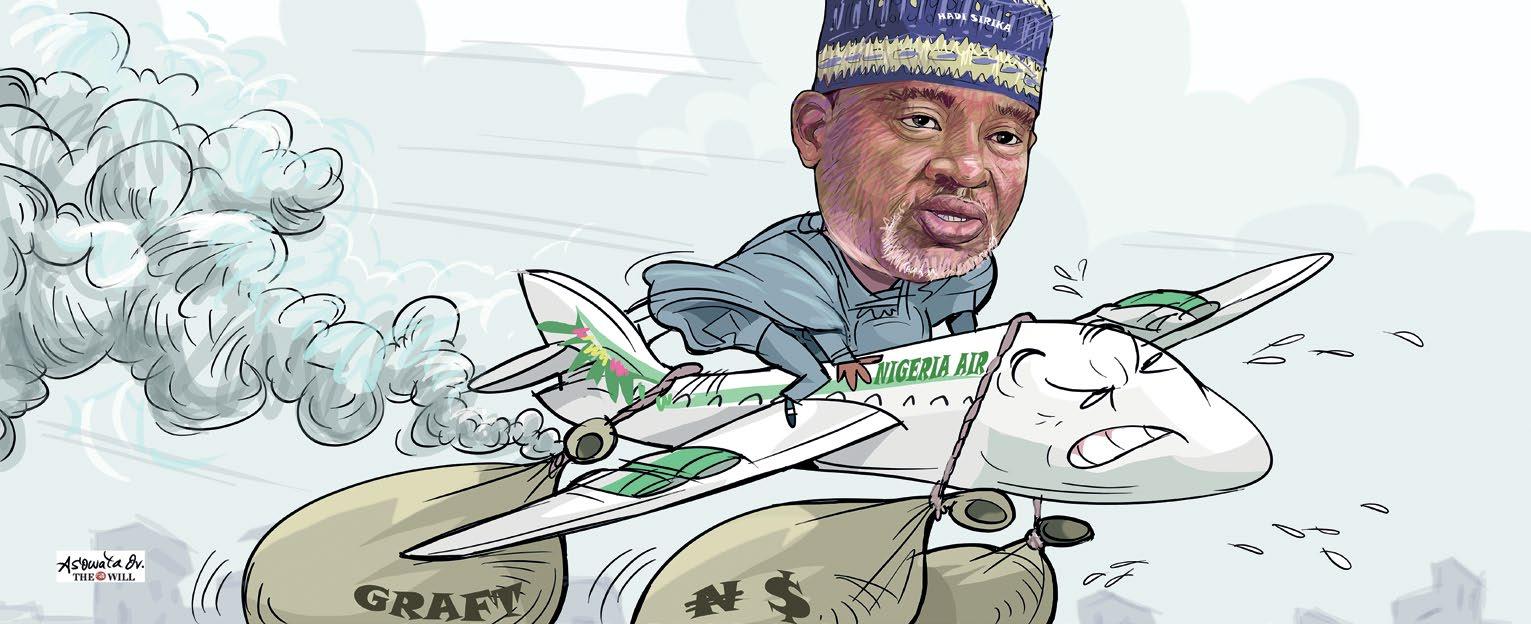The recent disclosure by the Director General of the Debt Management Office (DMO), Ms. Patience Oniha, that Nigeria would soon be returning to the bond market to raise another N300 billion through its upcoming Series VII Sukuk, a Sharia-compliant financial instrument aimed at attracting ethical investors, raises certain fundamental posers, incidental to accountability for the over N1.09 trillion raised from the previous six Sukuk series between 2017 and December 2023. The government claims the funds raised have been invested in the construction and rehabilitation of over 4,100 km of roads and nine bridges across the six geopolitical zones and the Federal Capital Territory. Among those included are the dualization of the Lokoja-Abuja-Benin, Abaji-Lokoja, Kano-Maiduguri; Oyo-Ogbomosho and Benin-Shagamu roads, and the rehabilitation of the Enugu-Onitsha and Enugu-Port Harcourt roads, among others. By any measure of governance, dignity, or decency, the condition of these roads is an unforgivable national scandal – a scar carved into the conscience of a country that endlessly borrows, endlessly spends, yet endlessly fails. Nigerian roads are merely highways to hell.
Over ₦1.1 trillion in Sukuk debt, yes debt, not free money, has been raised since 2017, a sum cloaked in the holy garb of “ethical” finance. Sharia-compliant, yes. Morally compliant? Not by any stretch of the imagination. These funds, we are told, have delivered 4,100 km of roads and nine bridges. But drive down the expressways of Nigeria; from the snarling chaos of the Lagos-Ibadan corridor to the pothole-ravaged death trap that is the East-West Road, and you are confronted with a cruel irony: these are not roads but rituals of national decay. The truth is as brutal as the condition of our highways. Nigeria loses over 41,000 lives annually to road accidents, making our roads not avenues of mobility, but corridors of carnage. These deaths are not accidents. They are murders, slow, bureaucratic murders committed by the twin demons of corruption and neglect.
And what of cost? In a world where other African nations build quality roads at ₦234 million per kilometer, Nigeria has somehow mastered the alchemy of spending ₦1.3 billion for the same stretch of asphalt. It costs more to construct a kilometer of road from Lagos to Ibadan than it does to link five countries in West Africa from Lagos to Abidjan. What madness is this? What arcane corruption is baked into the concrete of our procurement process?
Let us not mince words: this is grand larceny disguised as public infrastructure. This is institutionalized theft, perpetrated by those who wrap themselves in the regalia of governance while looting the public treasury and the future dry. This is not inefficiency; it is calculated sabotage of national development.
The Debt Management Office (DMO) trumpets progress, and its Director-General, Ms. Oniha, lists numbers as if they were virtues. But Nigerians are not fools. A kilometer of fraud paved in bitumen is not development. A trillion-naira debt with no corresponding national transformation is not progress; it is bondage with interest.
And where, in all this disaster, is the political leadership? The Ministry of Works, a cesspool of compromised contracts. The National Assembly, a rubber stamp for white-elephant loans. And the President – too distracted by political horse-trading to look into the open sewer of the nation’s collapsing road infrastructure. The Sukuk bonds, floated in the name of “ethical investing”, have become a mockery of Islamic finance – a moral fig leaf over a corrupt body. What is ethical about borrowing billions to line the pockets of contractors and officials, while children die on expressways that were never fixed? We are told another ₦300 billion Sukuk bond is on the horizon. Why? For whom? To fund which phantom roads? Will it be used to polish the potholes or finally bury the crumbling bones of dead projects?
As Godwin Oyedokun, Professor of Accounting and Financial Development, Lead City University, Ibadan, rightly said, we lack transparency, cost benchmarking, and any semblance of a value-for-money culture. In the sale vein, Eze Onyekpere, Lead Director of the Centre for Social Justice has said it plainly: “Over 50 per cent of borrowed resources are stolen.” Let that number haunt every conscience in government. Let that fact blister the hands of every official signing off new loans.
Until our roads are no longer rivers of blood, until the cost of one kilometer reflects concrete and not corruption, and until public office means service and not self-enrichment, Nigeria will remain a nation driving in circles, headed nowhere. Enough of the rot. Enough of the lies. Enough of the blood. The Nigerian people demand an audit, not just of roads, but of souls. Let the light of accountability pierce through the tar-black shadow of corruption. Until then, every pothole is a tombstone and every Sukuk loan is a sin.





